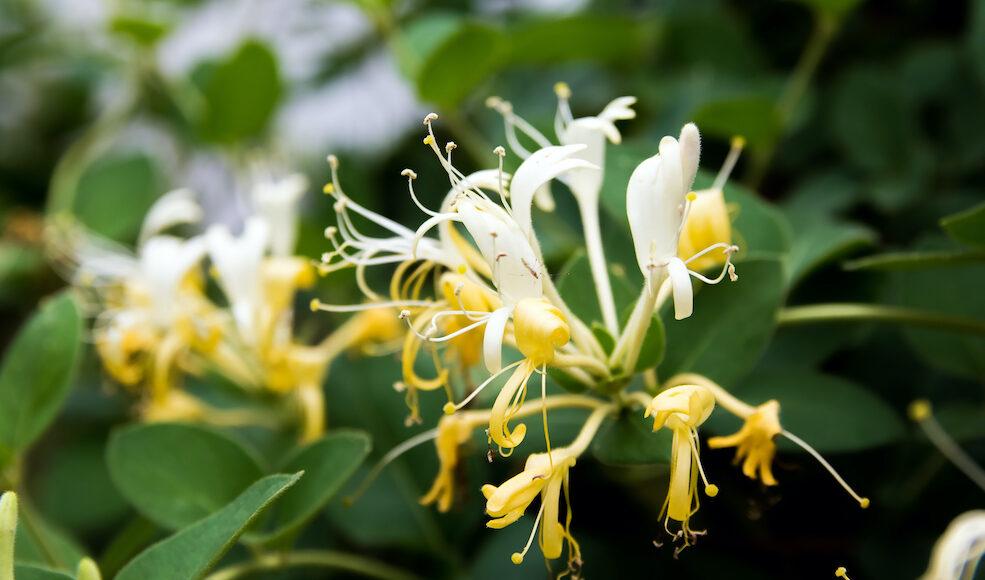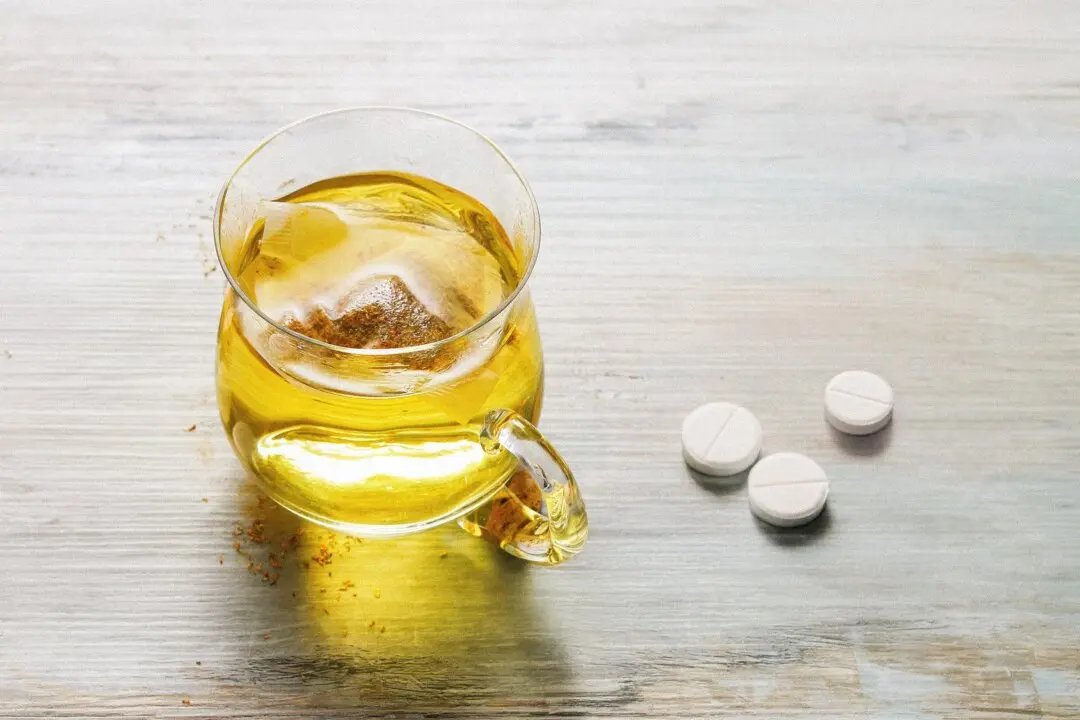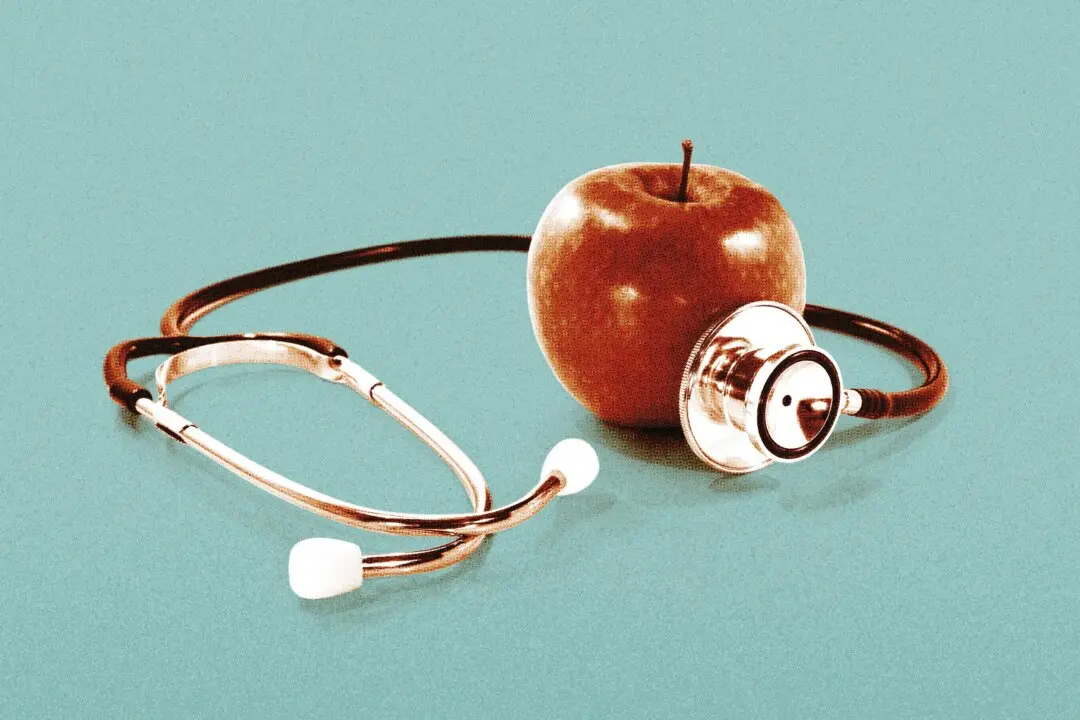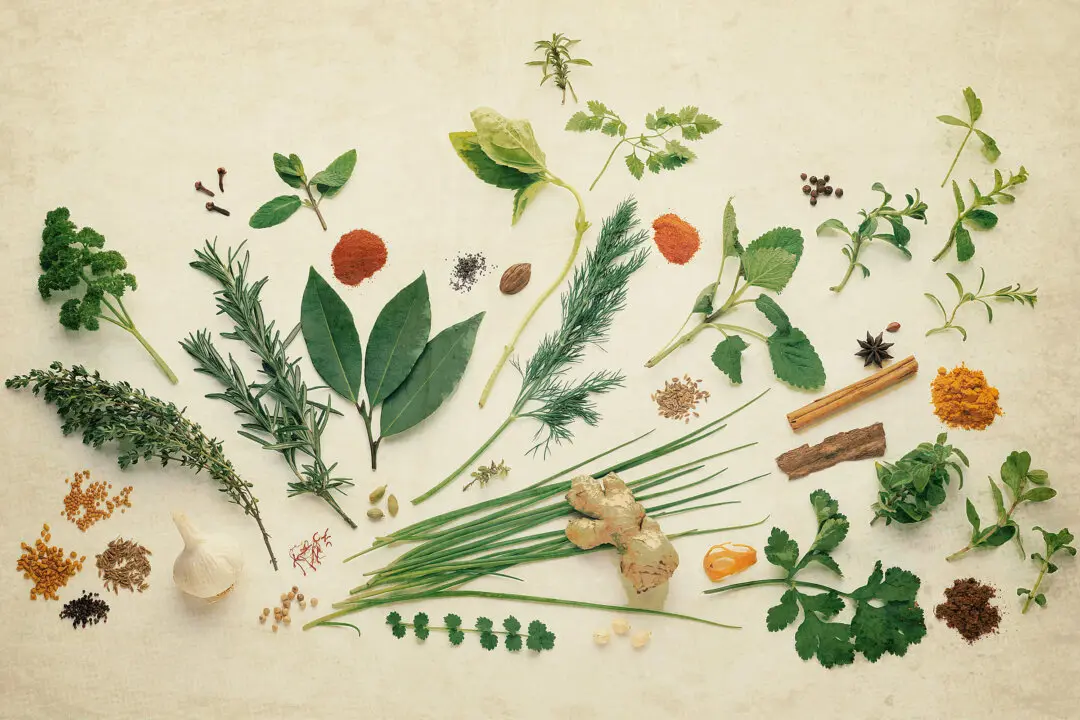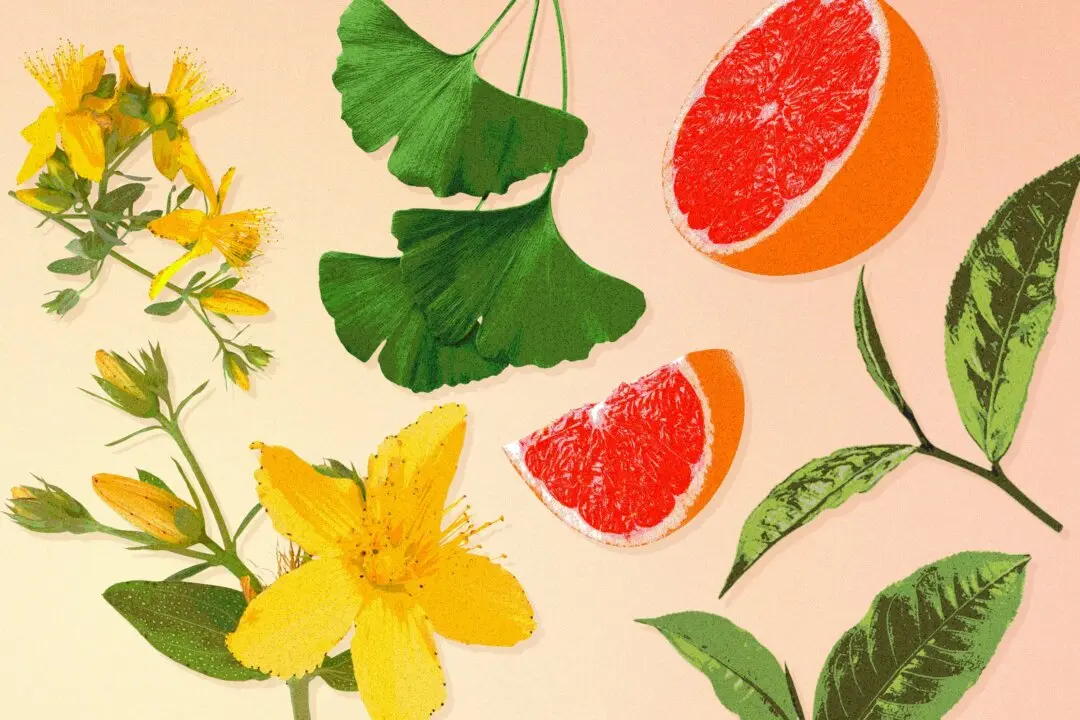The smell of honeysuckle is almost intoxicating. Its sweet vanilla-like aroma makes you stop, close your eyes, and breathe deep. Although many of us may be familiar with honeysuckle’s sweet-smelling flowers, not all of us may be aware that it also has powerful healing capabilities.
Honeysuckle includes about 200 species that grow worldwide. All species of honeysuckle belong to the genus Lonicera and the family Caprifoliaceae; they grow primarily in temperate regions and are native to Southeast Asia. In the temperate regions of the United States, they generally produce their fragrant flowers from late spring through early fall.

